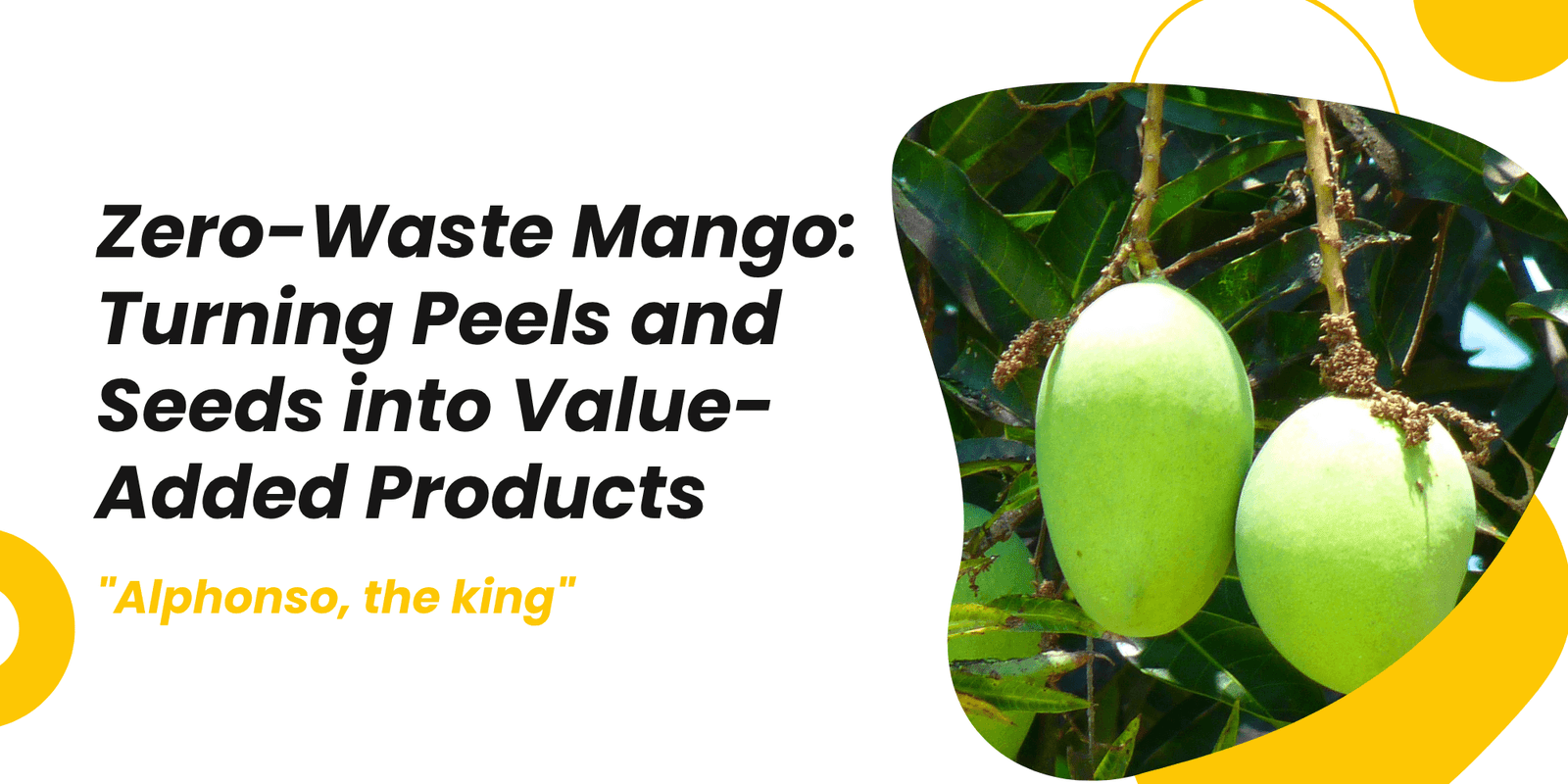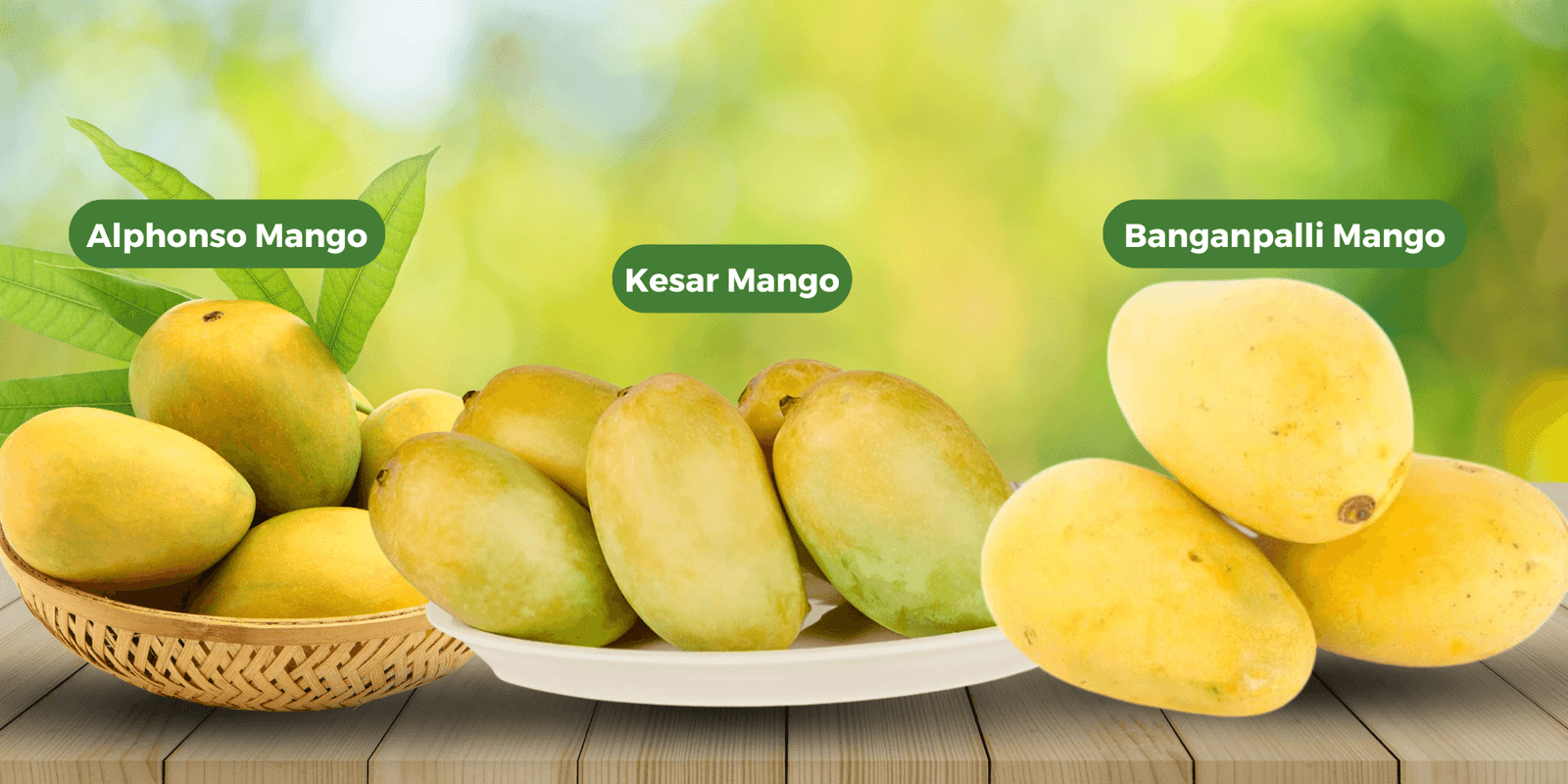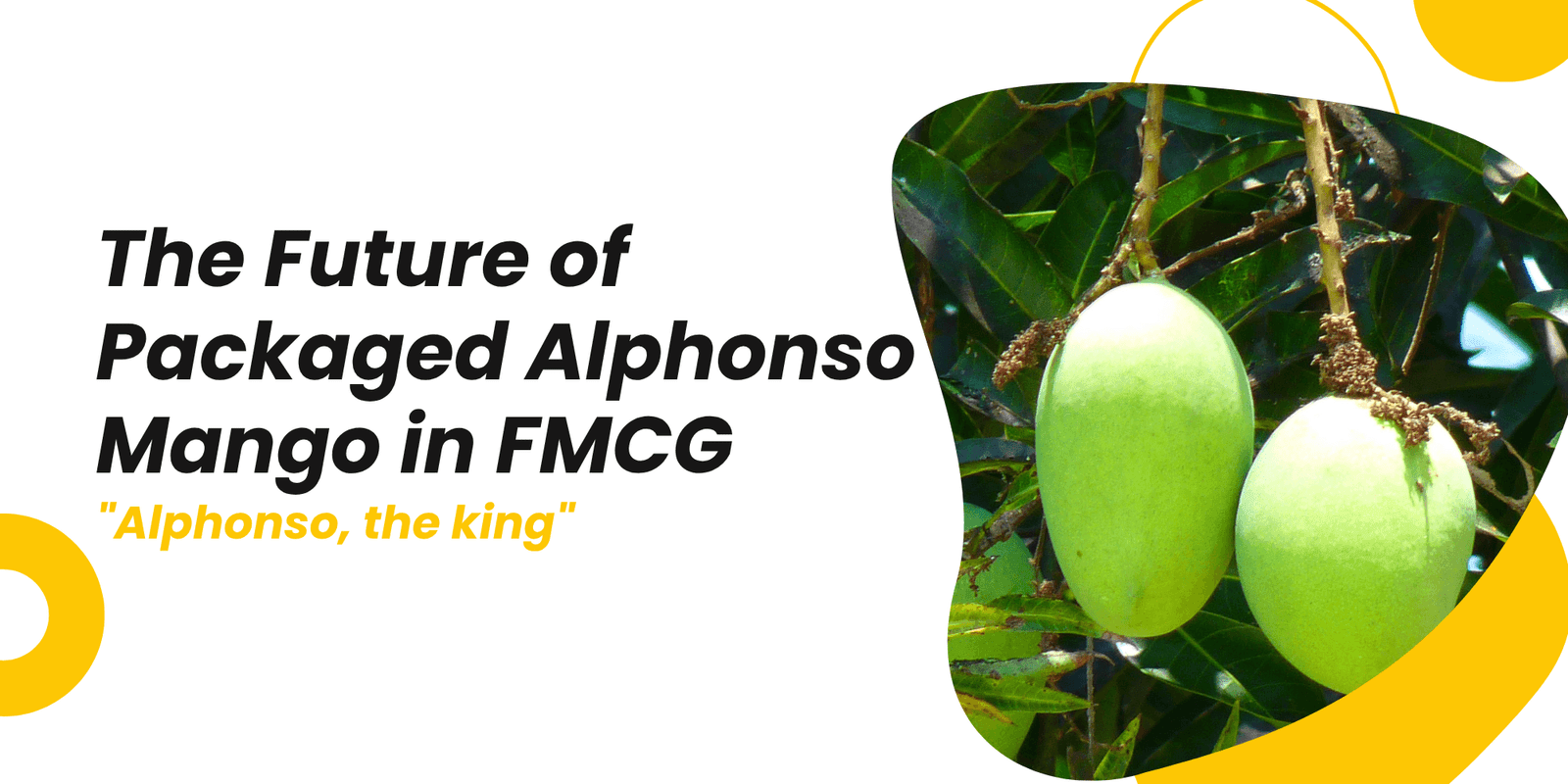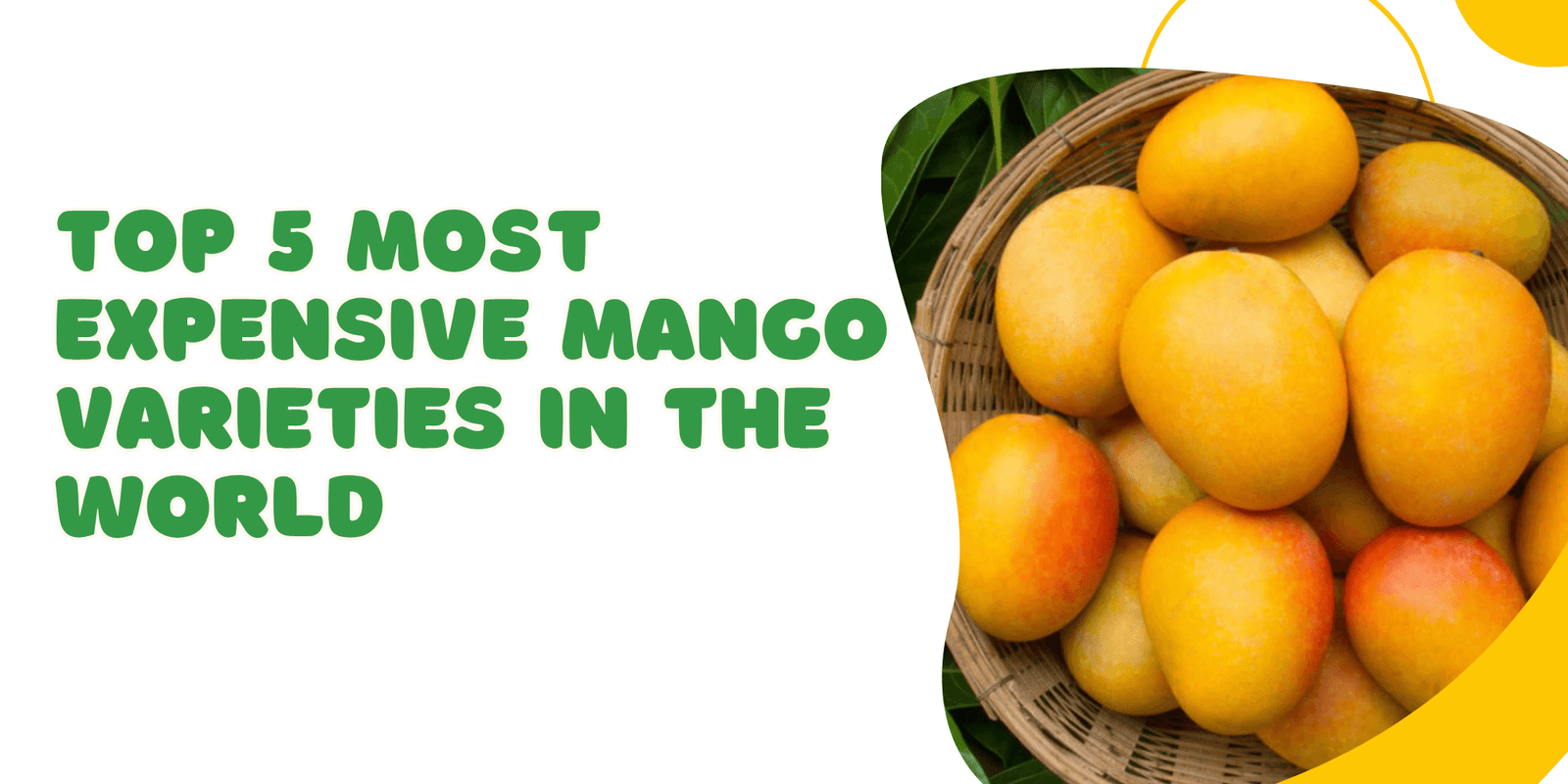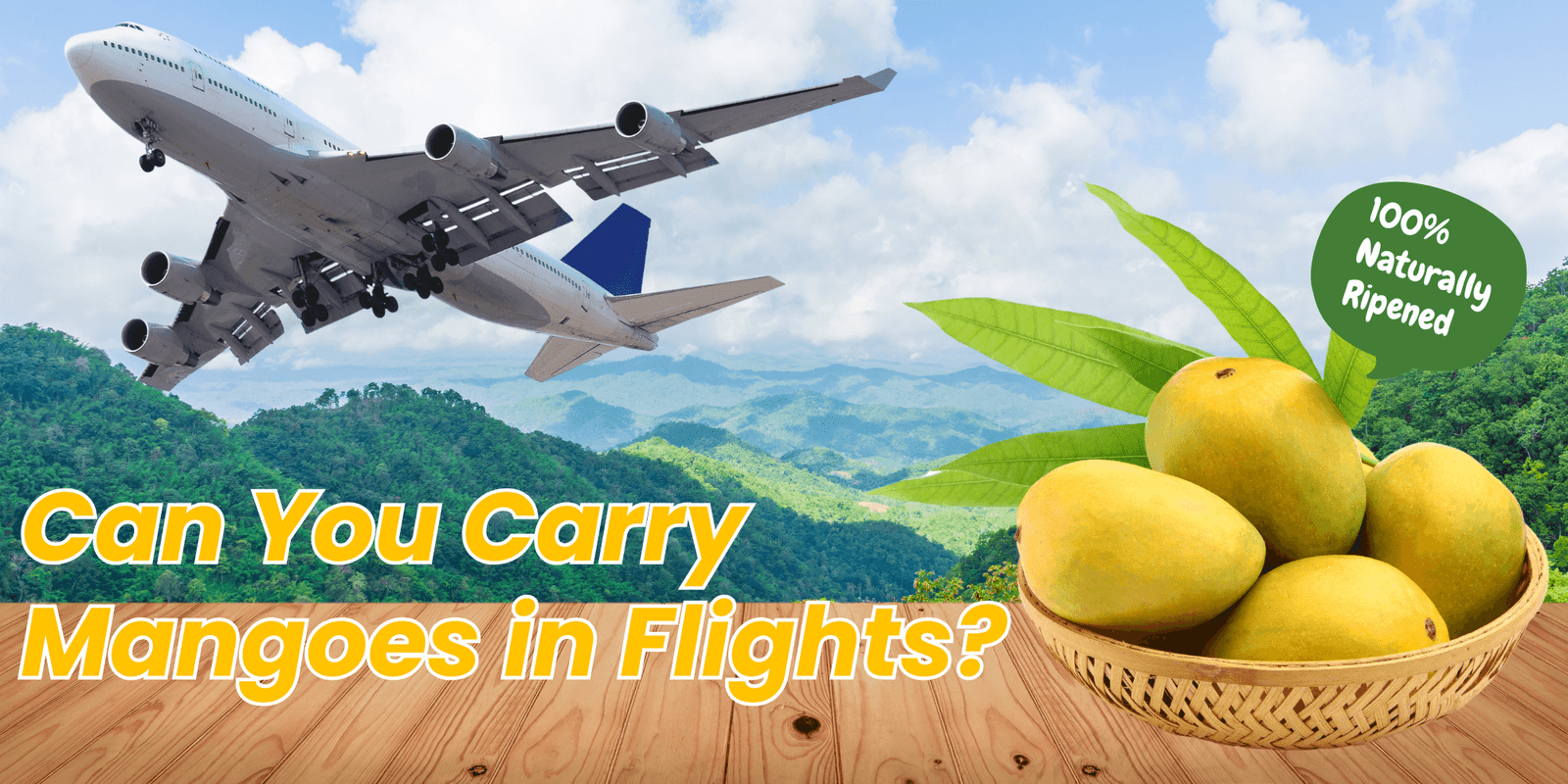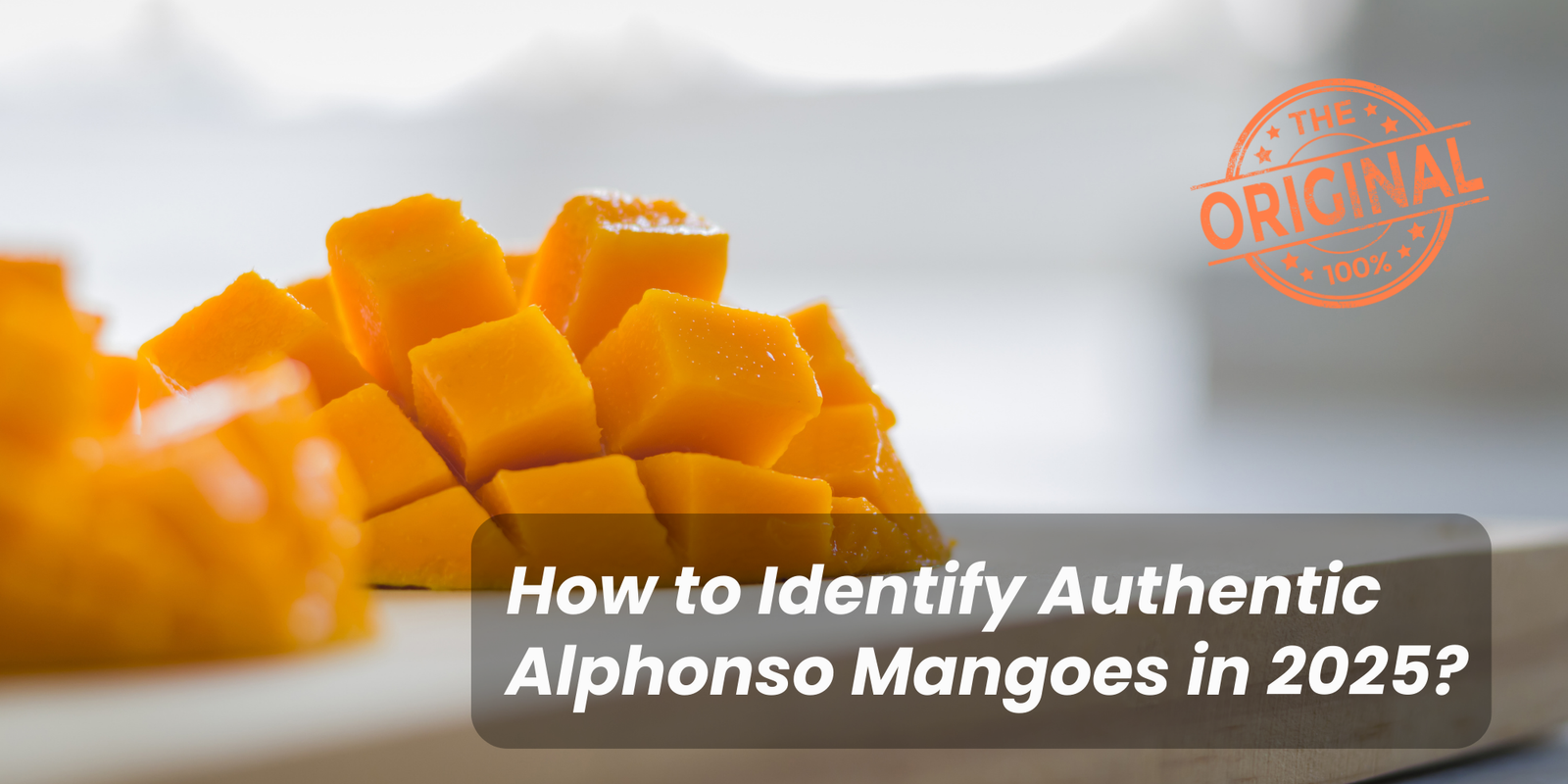
Shopping for mango ingredients can be confusing: labels often say pulp, puree, or concentrate. They all start with ripe mangoes, yet each behaves differently in your kitchen. Here’s a simple guide to help home cooks pick the right product—and avoid recipe disappointment. lets check Mango Pulp vs Puree vs Concentrate
1. Mango Pulp
What it is
Strained, deseeded mango flesh. It usually contains no added sugar, water, or preservatives (look for “100 % pulp” on the label).
Texture and taste
Thick and spoonable, like baby food. The flavor is fresh and true to the fruit because water hasn’t been removed.
Best uses
- Aamras or sheera
- Smoothies and milkshakes
- Ice cream or kulfi base
- Cheesecake swirls and sorbets
Tip
Choose Alphonso pulp for a deep saffron color and floral aroma. Once opened, refrigerate and use within a week.
2. Mango Puree
What it is
Similar to pulp but often slightly thinner because it may contain small amounts of added water or sugar. Puree is processed to a uniform consistency, perfect for industrial kitchens and baby-food jars.
Texture and taste
Pourable, silky, less dense than pulp. Sweetness varies; always check if sugar is listed in the ingredients.
Best uses
- Pancake or waffle toppings
- Fruit sauces over yogurt or oatmeal
- Gateaux fillings
- Baby food when labeled “unsweetened”
Tip
If a recipe calls for pulp but you only have puree, reduce liquids elsewhere or simmer the puree on low heat to thicken.
3. Mango Concentrate
What it is
Puree that has undergone vacuum evaporation to remove 50–70 % of its water. The result is a thick, syrupy product with natural sugars and acids highly concentrated. Most commercial concentrates are later diluted to make juice. Mango Pulp vs Puree vs Concentrate
Texture and taste
Viscous, almost jam-like, with an intense, sometimes caramelized sweetness.
Best uses
- Homemade nectar or juices (dilute 1 : 3 with cold water)
- Glazes for barbecue, poultry, or ham
- Flavoring kombucha, mead, or craft beer
- Natural sweetener in chutneys and marinades
Tip
Because concentrate is so strong, start with small amounts. Two tablespoons of concentrate can replace about half a cup of pulp in dessert recipes.
Quick Comparison Table
| Feature | Pulp | Puree | Concentrate |
|---|---|---|---|
| Water Removed | None | Little or none (depends) | 50–70 % removed |
| Sweetener Added | Rare | Sometimes | Rare (naturally sweeter) |
| Thickness | Thick spoonable | Pourable | Very thick syrup |
| Shelf Life (Unopened) | 12–18 months (canned) | 12–18 months (canned) | 18–24 months |
| Typical Ratio in Juice | Ready to drink | 1 : 2 with water (if sweetened) | 1 : 3 or 1 : 4 with water |
How to Substitute in Recipes
- Replacing pulp with puree Simmer the puree until it coats a spoon; cool before using.
- Replacing pulp with concentrate Use one-third the quantity of concentrate and add water back to original volume.
- Replacing puree with pulp No change needed, but you may need a splash more liquid.
Storage Tips
- Keep unopened cans or aseptic packs in a cool, dry place.
- After opening, transfer leftovers to a glass jar, refrigerate, and finish within:
- Pulp or puree – 7 days
- Concentrate – 14 days
- For longer storage, freeze in ice-cube trays, then move cubes to a zip pouch.
Where to Buy Quality Mango Bases
For authentic Alphonso mango pulp, puree, and concentrate made from naturally ripened fruit, visit RatnagiriHapus.Store. Each batch is GI-certified, free from artificial ripeners, and shipped across India in tamper-proof packaging.
Final Word for Home Cooks
Choose pulp when you want true mango flavor and thick body, puree for everyday sauces or baby food, and concentrate when intensity matters or storage space is tight. With the right product on your shelf, mango season can last all year—even long after fresh fruit disappears from the market.

